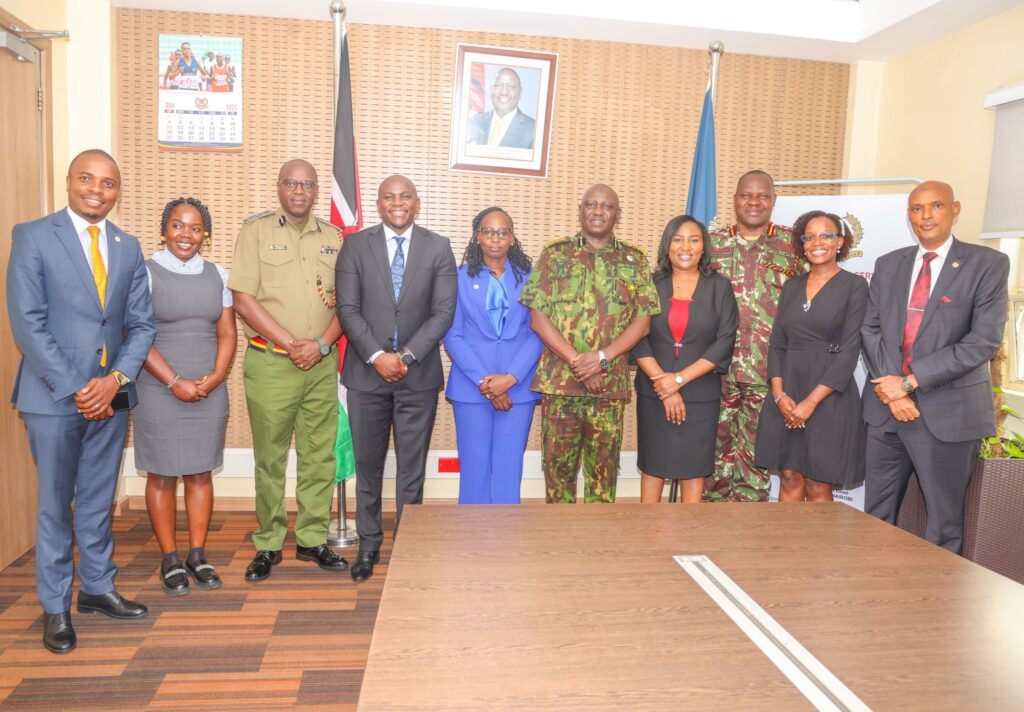Inspector General of Police Douglas Kanja has firmly rejected a proposal to reduce the number of female recruits in the National Police Service (NPS), emphasizing the Service’s commitment to gender equality.
Speaking during a Jukwaa la Usalama forum in Laikipia, Kanja assured women that their place in the Service is secure, and their contributions are valued equally as those of men. “The National Police Service is gender sensitive. When we go for recruitment and I know we are doing it soon we shall ensure both genders are included,” he said.
Kanja’s remarks were in response to comments made by Nyahururu Officer Commanding Station (OCS) Isaac Kimutus, who suggested that the number of female officers be reduced to 20 percent, citing operational challenges during recent Gen Z protests on June 25 and July 7.
Kimutus claimed that during the demonstrations, he had to instruct all female officers to remain at the station due to their perceived inability to manage violent crowds. He went as far as saying some female officers vomited in their helmets during tense situations, arguing that such experiences proved the need for more male recruits.
However, Kanja dismissed the proposal as misplaced, reiterating that each gender has a vital role to play in the Service. “Even when you go to a police station, you will find a gender office that is how important genders are to us,” he noted.
His sentiments were echoed by Laikipia North MP Sarah Korere, who rebuked the OCS’s remarks and championed the role of women in security services. “Bwana OCS, ukitumia hawa warembo vizuri, watakung’arishia hiyo Nyahururu mpaka ushangae,” she said, noting that her two personal bodyguards are women.
Interior Cabinet Secretary Kipchumba Murkomen also weighed in, reminding officers that the Constitution requires at least 30 percent gender representation in public service. “You cannot say we cannot hire women. We are only at 14 percent and still struggling to get to 30 percent,” he said.
The debate has reignited discussion on the importance of gender diversity in security forces and the need to empower, rather than sideline, female officers.

